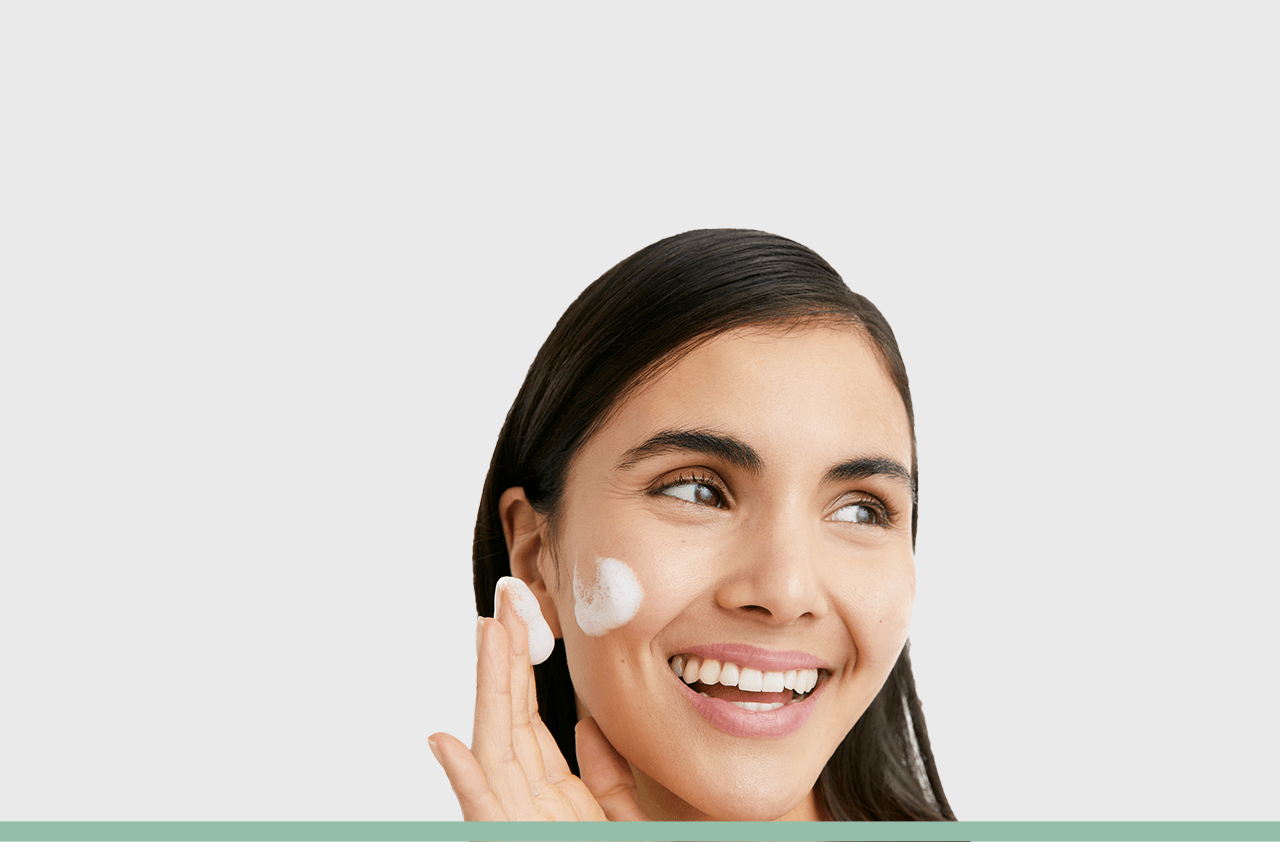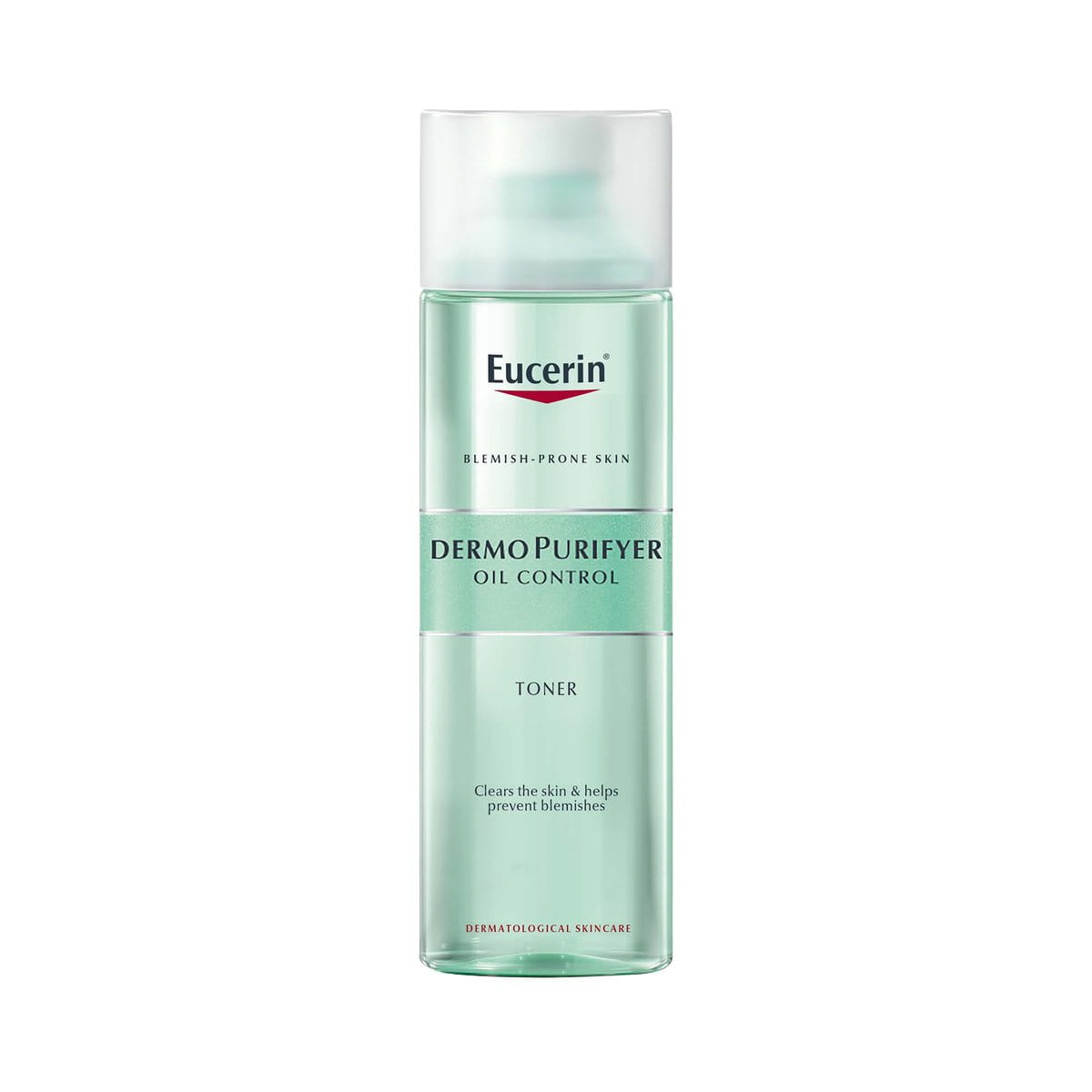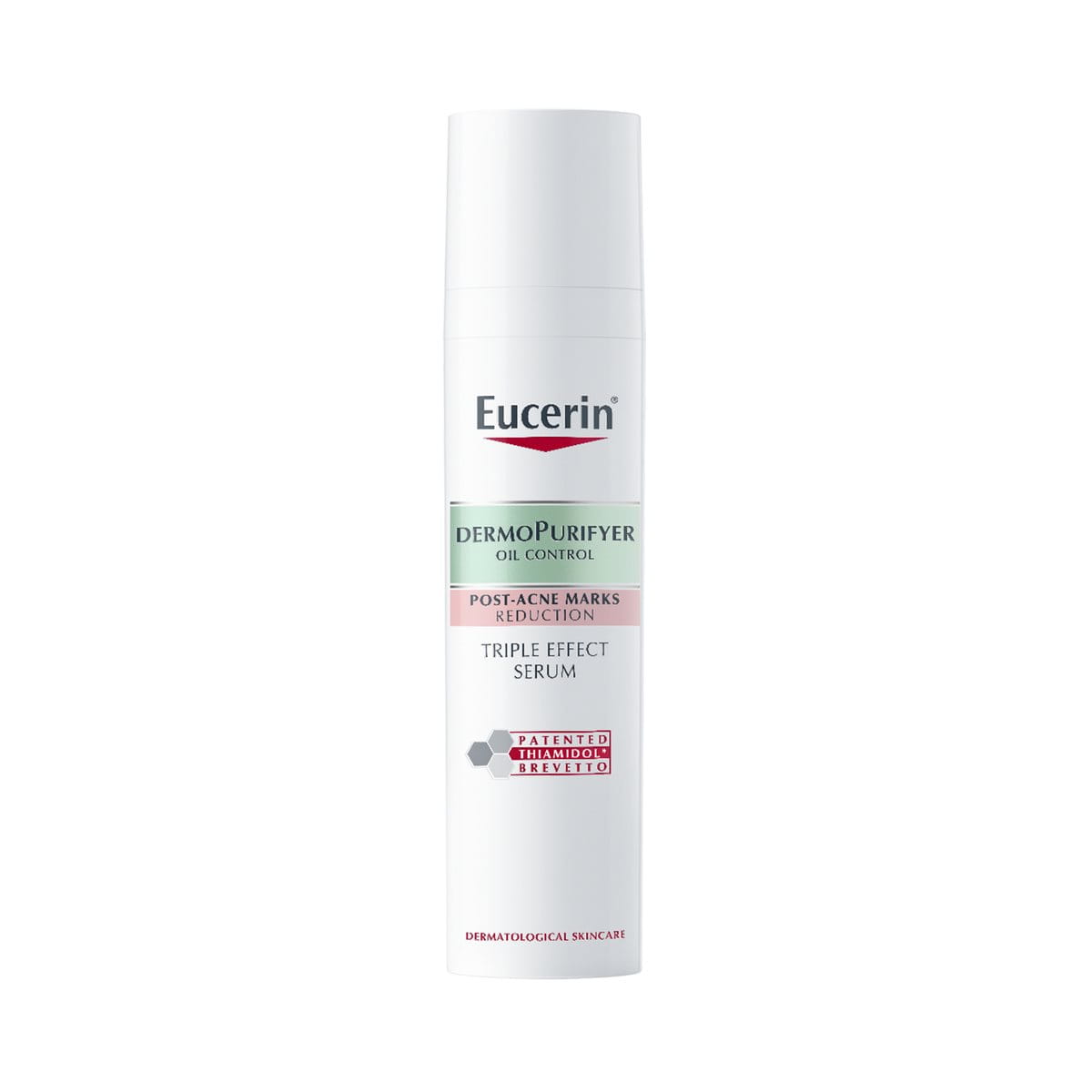Skincare has moved past the basics now. Active ingredients like vitamin C, vitamin E, and niacinamide are crucial for skincare. While these ingredients have versatile benefits, they’re all known for being antioxidants. Here’s all you need to know about antioxidants and skin, and whether you really need them.
Keynotes:
- Antioxidants are essential for your skin and overall health. They neutralise free radicals that can otherwise cause cell and DNA damage.
- Antioxidants like vitamin C, E, and niacinamide protect the skin from oxidative stress, which causes premature ageing, dullness, and damage.
- When used consistently, some antioxidants improve skin tone, hydration, and skin barrier too.
- For best results, apply antioxidant serums in the morning and follow with sunscreen.




